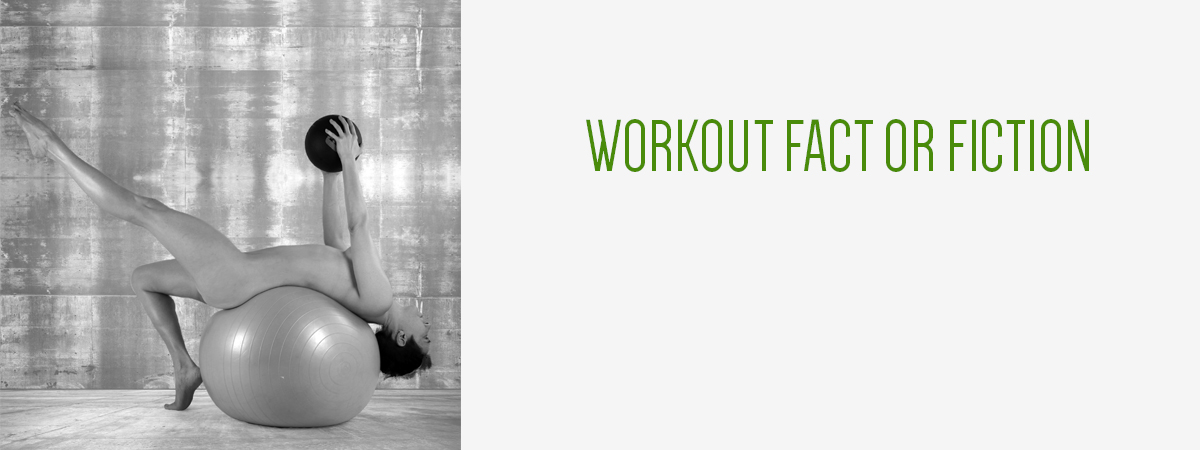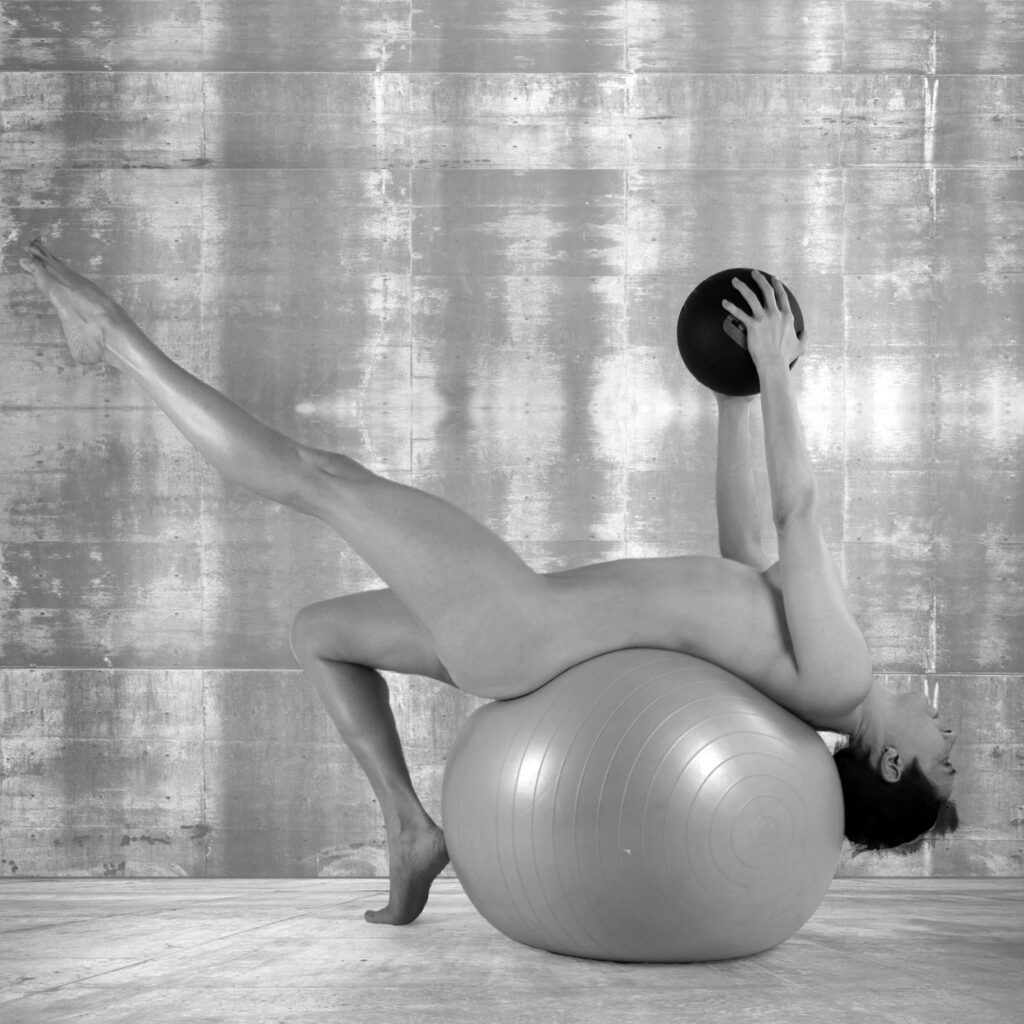
Should you eat before you work out?
This is one of the most controversial topics in the health and fitness industries and we’ve heard many opinions on this. Some swear that you burn more fat when you work out on an empty stomach and it is common practice for many athletes and body builders to wake up and jump right into their cardio workout.
The reasoning for a fasted morning workout is that glycogen (a stored carbohydrate) levels are low in the morning, which causes your body to use fat for fuel rather than carbohydrates, but does food consumption, especially protein and glucose, outweigh the benefits of fasting?
The debate whether it is better or worse to work out on an empty stomach has been going on since the first weight was lifted, so let’s look at the pros and cons of a fed versus fasted workout.

Benefits of Working Out On an Empty Stomach
#1 Burn Fat Faster
There have been studies that followed people who did their cardio either on an empty stomach or after having breakfast and the ones who didn’t have breakfast burned up to 20% more body fat than the ones having breakfast. Now interestingly enough, those who did skip breakfast didn’t overeat later on in the day to make up for the missed morning calories, so you may get a head start that helps you to lose fat.
#2 Improved Performance
Research has been shown evidence that working out when your carbohydrate levels are low – like when you are exercising on an empty stomach – will actually help you to improve performance during your ‘normal’ workouts. The reasoning behind this is that working out on low glycogen levels will train your body to become more efficient at burning fat even when carb levels are high.
#3 Restricting Eating Times Can Help You Lose Weight
The idea behind this is that you only eat between certain hours and don’t eat anything outside those restrictions. When your body knows when you are going to be eating, your hormones react in a way that you burn more fat and promote weight loss during the food-free hours.
#4 Improved Insulin Response
Our bodies release insulin after we eat to absorb all the nutrients from the foods we just enjoyed. But if we are eating too many carbs and sugars, our bodies become resistant to insulin, making it unable to perform its job well. Fasting however can reduce the sensitivity to insulin because our bodies don’t have to produce insulin as much and won’t become immune to it.
#5 Workout Inspiration
Truth is, we are all busy and if we can get our workout in before work without having to deal with making breakfast, we may be more motivated to work out. Just think about it. You have to make breakfast, eat it and wait for it to digest before you go exercise or, you just run out the door, get your workout in and are still at your desk on time.
Now, while these reasons may make you want to skip breakfast and run for the gym first thing when you wake up, there are just as many studies that promote a healthy meal before exercising as there are studies that suggest the opposite. So let’s have a look at the Benefits of Working Out After a Healthy Meal.
#1 Burn More Body Fat
A study from the International Journal of Sports Nutrition and Exercise has found that having a healthy snack pre-workout may actually burn more body fat. We know, this is the first benefit of skipping breakfast as well, but you see for every study that promotes skipping breakfast there is another one that says the exact opposite.
#2 Increased Energy
A pre-workout snack that’s a good mix of protein, carbs and healthy fats can give you more energy to push yourself harder during your workout. That extra fire might be just what you need to get through your early morning spinning class or HIIT workout, which in turn helps you burn more calories in a shorter amount of time. If you plan on an intense workout, you want to max out your energy by giving your body healthy fuel to make it through.
#3 Avoid Burnout
If you are one of those people who experience low blood sugar levels or are diabetic, you know that you need a small snack to get you safely through your workout without burning out halfway through.
#4 The Fuel Continuum
Depending on the intensity and duration of your workout, your body will use carbs, protein or fat as their primary fuel while you exercise, but will shift towards a different primary fuel source after your workout. So for example, the body burns fat during your intense cardio session and will use carbs post-workout. On the other hand, when carbs are the main fuel source during your workout, your body will shift to using fat as fuel post-workout. It is important to remember that your system works on a continuum and doesn’t just rely on one fuel source or another.
#5 Increase Endurance
Working out on an empty stomach may work for short distances, but if you are going for longer distances (think training for a marathon or triathlon) you absolutely want to eat before your workouts to make sure you have the endurance to finish your workout. You may even have to refuel during your workout session.
So what’s the final thought on whether to workout on an empty stomach to get the best results or to have a healthy meal before working out to improve performance? It is impossible to give a definite answer because so many variables are at play. Ultimately it is up to you. Different people work out best under different circumstances. It really depends on what works best for you. However, make sure that you stay hydrated before during and after your workout to keep your energy levels up. And it may be even more important to consider what you eat after your workout than whether or not you eat before.
So no matter if you are working out on an empty stomach or not, congratulations on getting out there and taking control of your fitness and health.
KEEP UP THE WORKOUTS!
Joschi & Monika
#BoldNaked

This can all be measured so there’s no need for controversy, conjecture, nor opinion. The overriding point should be: do you enjoy your workout more or feel that you accomplished your objectives depending on whether you ate first? Burning fat is not the goal of exercise, it is a byproduct.